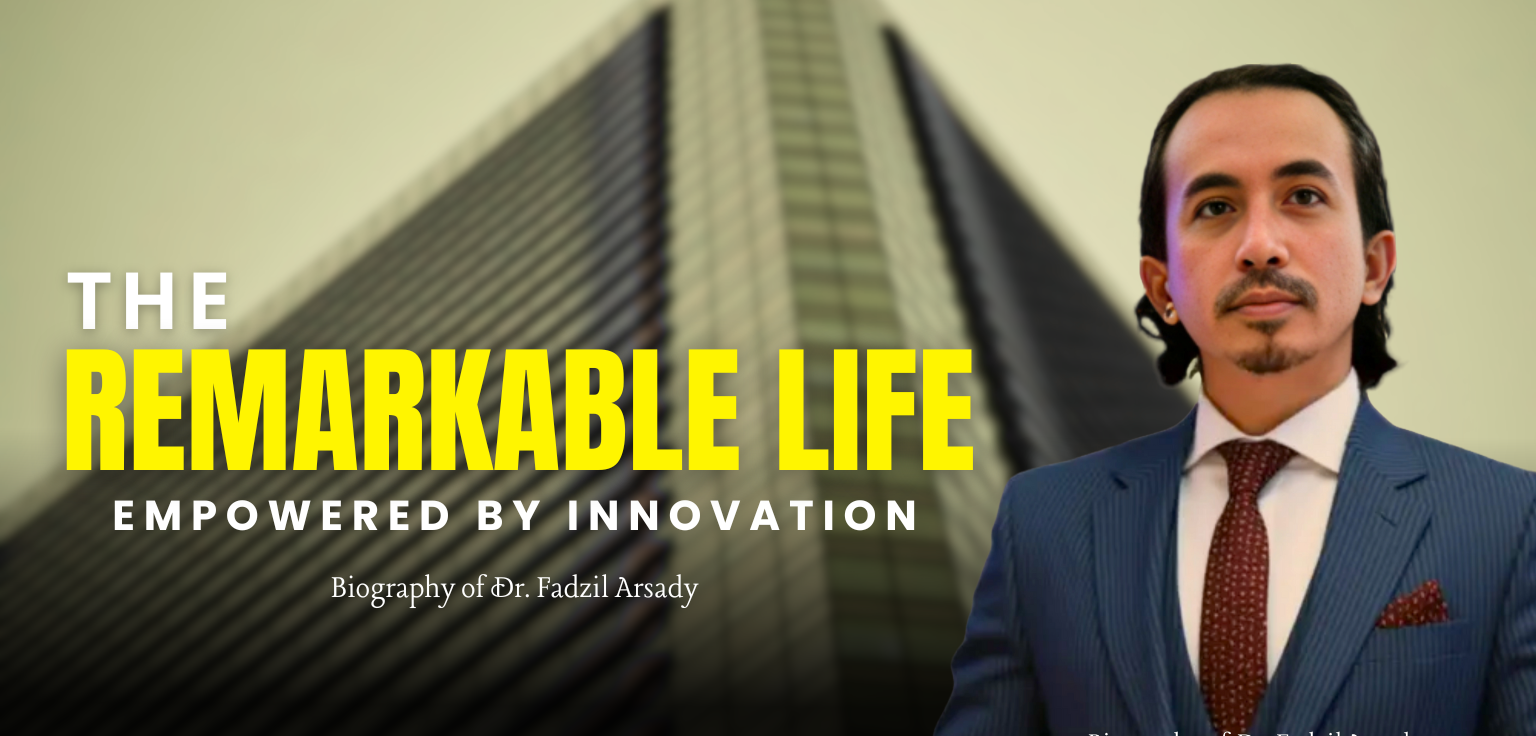
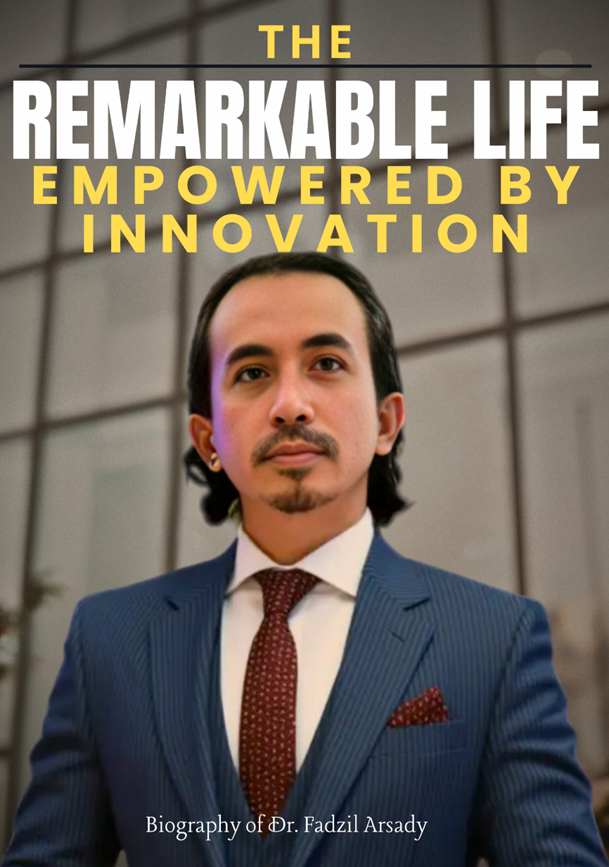
“Always dream and shoot higher than you know you can do. Do not bother just to be better than your contemporar ies or predecessors. Try to be better than yourself.” — William Faulkner
Dedication
This biography is dedicated to the most important people in my life—my beloved mother, wife, and children—whose love, encouragement, and unwavering support have been the bedrock of everything I have achieved.
To my mother, whose nurturing spirit and constant belief in me shaped my character and gave me the strength to rise above challenges. Your sacrifices and silent resilience have been my guiding light, and the lessons you imparted to me continue to resonate in everything I do. You have been the anchor of my life, and I owe much of my journey to your enduring love and wisdom.
To my wife, whose partnership, patience, and understanding have allowed me to pursue my dreams without ever feeling alone. Your unwavering support, both in times of success and struggle, has been my constant source of strength. You have stood beside me, never asking for more than what was necessary, always giving of yourself selflessly. Our shared dreams and mutual respect are the foundation of everything I do. You inspire me every day, and for that, I am eternally grateful.
To my children, who fill my life with purpose, joy, and a renewed sense of wonder. Watching you grow, learn, and follow your own paths has been the greatest privilege of my life. Your innocence and curiosity remind me to always stay grounded in what truly matters, and to never stop striving for better. You are my future, and every step I take is for you, to ensure you have a world where dreams can flourish.
I dedicate this book to all of you, for without your love, encouragement, and unwavering belief in me, this journey would not have been possible. Thank you for being my strength, my inspiration, and my reason to keep pushing forward.
Dr. Fadzil Arsady
Phase 1: From Village Soil to Star in Corporate world
“Life is to be lived, not controlled; and humanity is won by continuing to play in face of certain defeat.” — Ralph Ellison, Invisible Man
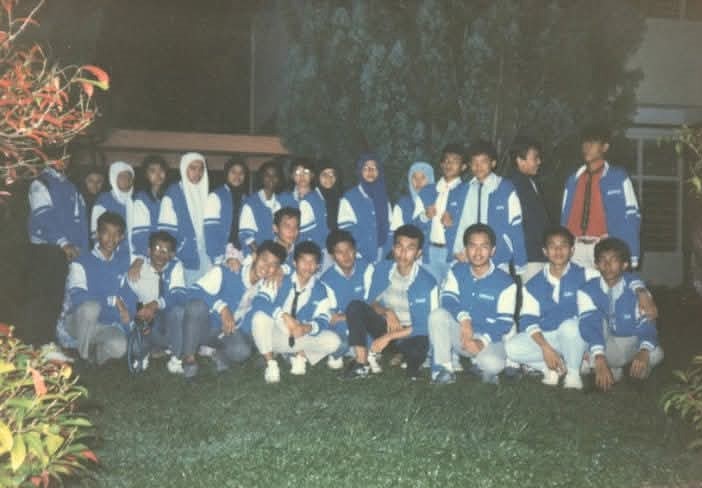
Dr. Fadzil Arsady was born in a small village on 11 December 1972 and was the first-born child out of his 11 siblings. His early years were shaped by a large, loving family that provided plenty of affection but limited resources. Growing up in such an environment, he developed a strong sense of responsibility and curiosity, which made him a natural leader among his siblings and a self-driven learner.
From a young age, Dr. Fadzil Arsady displayed exceptional intellectual abilities. Learning came naturally to him, allowing him to maintain top positions in his class. His academic excellence brought pride to his family and recognition within his community, marking the beginning of ambitions that would eventually shape his future.
He pursued his education at Science Johore Secondary School in Kluang, State of Johore, a boarding school that changed his life. Living away from home for the first time taught him independence, discipline, and resilience.
He not only excelled academically but also actively participated in extracurricular activities, taking on leadership roles in sports, cultural clubs, and debate societies. His ability to inspire others set him apart as both a scholar and a motivator.
When it came time to choose a field of study, Dr. Fadzil Arsady selected computer science—a bold and unconventional choice at a time when the field was still emerging and not widely understood. Seeing the future potential of technology, he strategically aligned himself with the upcoming digital revolution. His academic journey began with a Science Foundation program at the University of Malaya, where he later earned a B.Sc. (Honors) in Computer Science and Information Technology. Throughout his university years, he balanced academic excellence with social activism, leaving a lasting impact on his peers.
Dr. Fadzil Arsady was not just a bright student but also a charismatic leader. His speeches during student body meetings and campus debates were known for their accuracy, clarity, and vision. As a student activist, he presented challenging ideas, inspired change, and motivated others to think boldly. His leadership earned him respect and recognition across the university, making him a mentor and role model for many.
Despite his busy schedule, he never forgot his roots or responsibilities toward his family. He regularly guided his younger siblings, helping them make important academic decisions while providing emotional and financial support. For him, caring for his family was not a burden but a source of joy and fulfillment, reflecting his deeply ingrained values of compassion and responsibility.
Phase 2: Forging Code and Character in the Fires of Innovation
“Be so happy that, when other people look at you, they become happy too.” — Anonymous
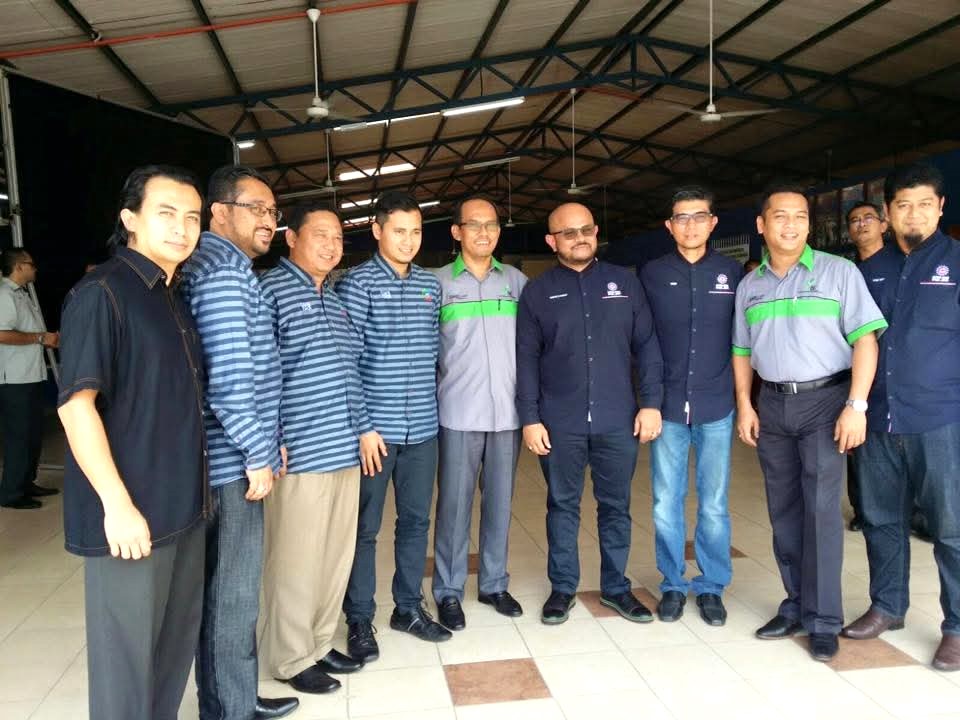
Dr. Fadzil Arsady entered the professional world after earning his bachelor’s degree in computer science and information technology from the University of Malaya. At a time when Malaysia’s tech industry was still emerging and unfamiliar to many, Dr. Arsady saw its potential for transformative growth. With vision and determination, he stepped into a field where systems, servers, security, and software would soon become essential pillars of national and international development.
In the early stage of his career, from 1999 to 2001, he played a pivotal role in leading the nationwide conversion and support of the Automatic Fingerprint Recognition System (AFIS) for the National Registration Department (NRD) of Malaysia. This project was crucial in shaping Malaysia’s identity verification infrastructure. Dr. Arsady managed civil and criminal AFIS operations in Kuala Lumpur and even extended his expertise internationally by contributing to Australia’s criminal AFIS system. His work went beyond technical implementation, requiring him to navigate government policies, national security considerations, and the delicate balance between technology and public trust.
Between 1999 and 2001, Dr. Arsady also contributed to the Malaysia ID Card Data Conversion project, overseeing large-scale data migration that would lay the foundation for Malaysia’s modern digital ID system. In 2002, his expertise was recognized internationally when he supported the CrimeTrack Police Department upgrade in Australia, marking one of his first major global collaborations.
From 2002 to 2004, his focus expanded to managing civil AFIS deployments across Malaysia, Vietnam, the Philippines, and Australia. Dr. Arsady was not only a systems architect but also a mentor and trainer. He developed a reputation for delivering motivational, engaging training sessions that empowered engineering staff and clients to fully understand and utilize complex systems. His deep technical skills included Oracle, AIX Unix, MQ Series, and FileNet, making him a highly sought-after expert in biometric and identity management technologies.
By 2003–2004, he played a vital role in the NRD AFIS Matcher Upgrade and the PATI & Philippines Refugee System projects in Malaysia, addressing critical national security and refugee data management needs. Between 2004–2005, he extended his expertise to sensitive global projects, including the National Election Systems in Mexico and the Philippines and the Philippine Social Security System Upgrade. In 2006–2007, his involvement in the National Identity Project under NADRA, Pakistan, reinforced his reputation as a trusted professional capable of handling large-scale identity infrastructure deployments in complex political environments.
From 2005 to 2007, his work became truly global, taking him across the Philippines, Mexico, Pakistan, and Australia, where he led civil AFIS system deployments and provided technical support on high-security projects. Industry leaders and government clients came to rely on his expertise, recognizing his ability to design secure, life-improving identity management systems that blended innovation with robust protection.
In 2008, Dr. Arsady’s career reached a new phase as he was promoted to Deputy Support Team Manager. This leadership role expanded his responsibilities to include multi-phase project planning, team supervision, and cross-border consultancy services. He successfully executed AFIS and NRD projects for the Royal Malaysia Police (RMP), overseeing both technical operations and personnel management. He also contributed to election database implementation projects in West Africa, including Guinea, further establishing his footprint on the global stage.
Throughout these years, Dr. Fadzil Arsady built a reputation not just as a skilled technologist, but as a leader capable of merging technical expertise with visionary execution. Each project he led strengthened his belief that technology could shape safer, more efficient, and more equitable societies—a conviction that would continue to guide his journey forward.
Phase 3: Blueprints of Leadership
“Life is what happens when you’re busy making other plans.” — John Lennon
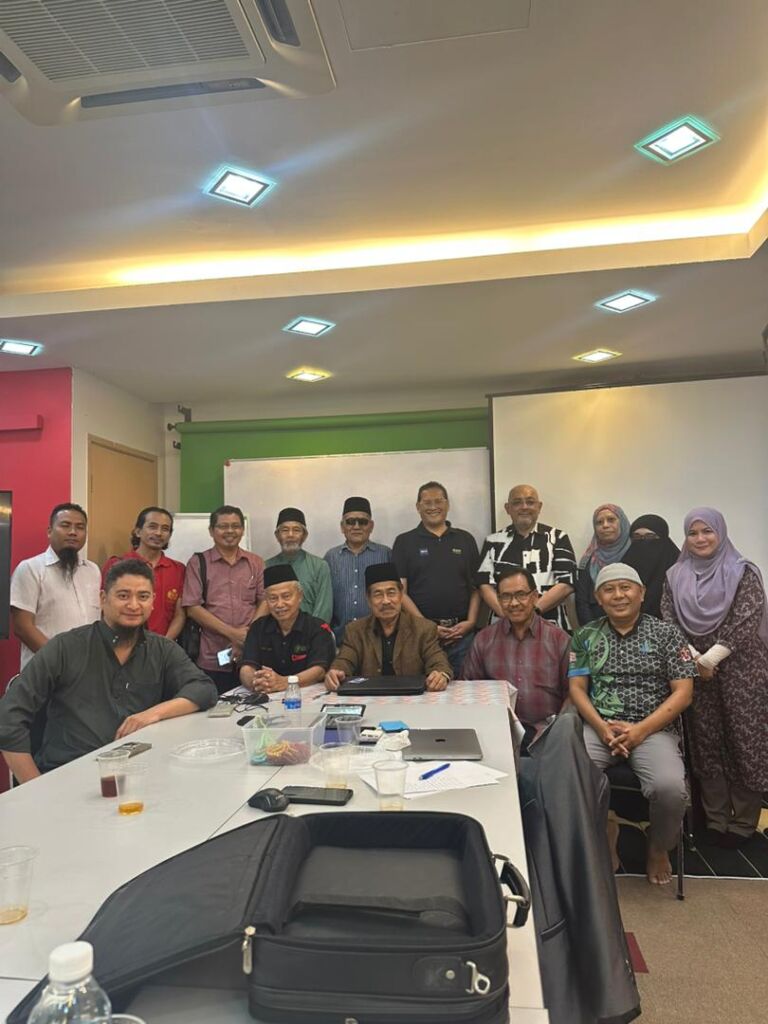
The dawn of the 2010s marked a pivotal era in Dr. Fadzil Arsady’s career, where his professional journey evolved from that of a technical specialist into a strategic leader and visionary. By this time, he had already built a strong reputation for delivering mission-critical national infrastructure projects, particularly in the domains of security, identity management, and forensic intelligence. His expertise was now sought not just for technical execution, but for shaping entire frameworks that supported national security systems across countries.
In 2012, Dr. Fadzil Arsady reached a new milestone when he was promoted to Maintenance Project Manager (MPM) for Malaysia’s National Registration Department (NRD) AFIS maintenance. This role elevated his responsibilities beyond engineering tasks, placing him in direct collaboration with high-level government officials. He became the crucial link between complex technical systems and governmental expectations, ensuring that every solution delivered met the highest standards of accuracy, reliability, and security. His ability to translate technical intricacies into actionable strategies made him indispensable to both the NRD and the Royal Malaysia Police.
That same year, Dr. Arsady was entrusted with managing the Royal Malaysia Police SPIN Upgrade, a multifaceted project involving several teams, contractors, and client stakeholders. His leadership ensured that every phase—from planning and execution to final handover—was seamless. Known for his discipline and diplomacy, he understood that technology is only as strong as the trust placed in it. His ability to foster this trust became a hallmark of his leadership style.
Between 2012 and 2013, Dr. Arsady expanded his influence beyond Malaysia, overseeing high-profile projects in Indonesia, such as the E-Passport initiative and the Border Control E-Gate project. His role evolved to include presales demonstrations, technology showcases, and post-deployment training sessions. His gift for simplifying complex technological concepts made him an invaluable advisor to clients and stakeholders alike.
From 2013 to 2014, he led the PDRM Narcotic Upgrade (SPIN) project, further strengthening Malaysia’s law enforcement capabilities. Earlier, in 2011, his contributions as Local Technical Support Manager for Indonesia’s E-KTP (National ID) initiative highlighted his role in advancing regional identity modernization efforts. His expertise was also pivotal in managing projects like the Foreign Worker Central Management System (2016) and Mobile Device Terminal deployment (2014–2015), where he successfully coordinated with key entities like the Immigration Department of Malaysia and the police.
Between 2014 and 2016, Dr. Arsady spearheaded the Criminal Intelligence Unit and the Royal Malaysia Police Biometric Fingerprint Identification System (CIU-BioFIS) Extension Project. As Local Project Manager, he ensured timely delivery, exceptional quality control, and end-user satisfaction. His approach remained methodical yet empathetic, always keeping in mind the officers relying on biometric data, the IT teams maintaining systems, and the civilians whose security depended on his solutions.
During this period, his role as MPM expanded to include oversight of all maintenance projects in Malaysia—civil and criminal alike. Even while managing large-scale operations, Dr. Arsady stayed deeply involved in the early stages of new projects, preparing quotations, conducting feasibility studies, and drafting strategic proposals. He had transitioned from being a technical executor to an architect of national-scale solutions, shaping secure, efficient, and future-ready systems for governments and institutions.